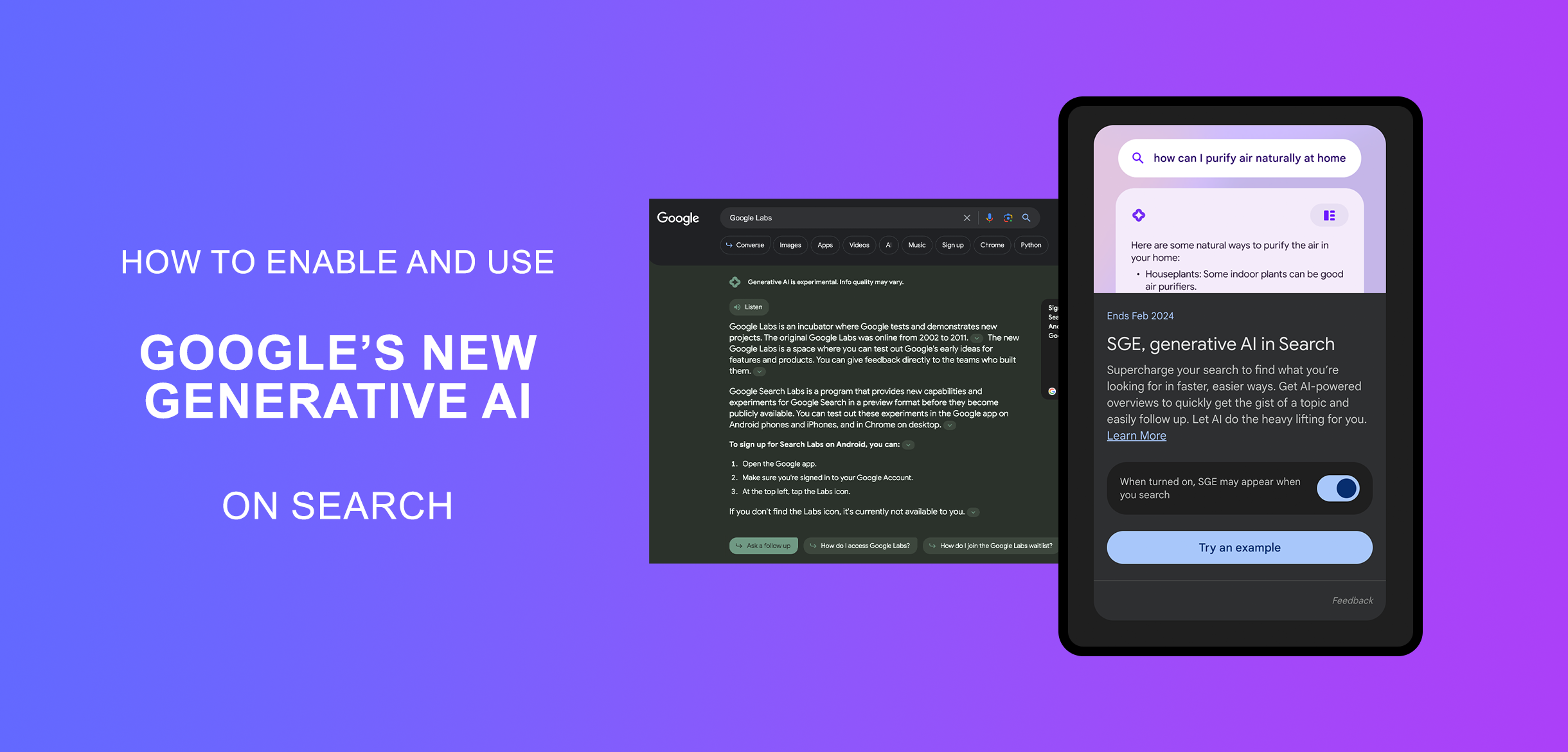Two game-changing technologies—blockchain and quantum computing—are not only shaping the present but also laying the foundation for the future. These innovations, once considered futuristic concepts, are now practical realities that have the potential to transform industries, economies, and societies at large.
Blockchain: The Decentralized Revolution
Blockchain, often associated with cryptocurrencies like Bitcoin and Ethereum, is much more than a digital currency framework. At its core, it is a decentralized and distributed ledger that records transactions in a way that is secure, transparent, and tamper-resistant. But how did this technology leap from being the backbone of digital currencies to a tool for reshaping industries?
Beyond Cryptocurrencies
While blockchain’s initial use was in cryptocurrencies, its potential extends far beyond. In supply chain management, blockchain is revolutionizing how goods are tracked and authenticated. Each stage of a product's journey—from raw materials to the consumer—can be securely recorded on a blockchain, ensuring transparency and reducing the risk of fraud.
In healthcare, blockchain enables secure sharing of medical records between healthcare providers, ensuring privacy and accuracy. It’s also being used in digital identity systems, allowing individuals to control their personal information while preventing identity theft.
A Trustless Future
One of the most revolutionary aspects of blockchain is its ability to create trust in a "trustless" environment. Traditionally, we rely on intermediaries—banks, governments, or companies—to validate transactions and verify identities. Blockchain eliminates the need for these intermediaries by creating a system where trust is embedded in the code itself. This shift has enormous implications for industries like finance, legal services, and even voting systems, where trust is paramount.
Quantum Computing: Unlocking Unimaginable Possibilities
While blockchain is transforming industries today, quantum computing promises to redefine the very fabric of technology tomorrow. Traditional computers process information in binary form—ones and zeroes—while quantum computers leverage the principles of quantum mechanics to process information in a vastly more complex and powerful way.
The Power of Qubits
Quantum computers use qubits, which can represent both one and zero simultaneously, thanks to a phenomenon called superposition. This allows quantum computers to perform calculations at speeds unimaginable by today's standards. For example, tasks that would take classical computers thousands of years can potentially be solved in mere seconds by a quantum computer.
Real-World Applications
The possibilities of quantum computing are staggering. In medicine, quantum computers could help simulate complex molecules and chemical reactions, accelerating drug discovery and personalized medicine. In cybersecurity, quantum computing could both challenge and enhance encryption methods, as traditional encryption techniques may become obsolete in the face of quantum-powered decryption.
Moreover, industries reliant on solving complex optimization problems, such as logistics, finance, and energy, will see massive efficiency gains. For instance, quantum algorithms can optimize routes, investment strategies, and energy usage far more effectively than classical computers ever could.
The Convergence: Blockchain Meets Quantum Computing
While blockchain and quantum computing seem like two separate realms of technology, they may intersect in fascinating ways. One challenge facing blockchain is the potential threat of quantum computing breaking current cryptographic protocols. However, this risk is also pushing the development of quantum-resistant algorithms, which could make blockchain systems even more secure in the future.
Quantum computing could also enhance blockchain networks by optimizing complex computations, improving the efficiency of consensus algorithms, and enabling more sophisticated smart contracts. This convergence of blockchain and quantum computing might unlock new possibilities for decentralized systems, creating infrastructures that are both ultra-secure and ultra-efficient.
The Road Ahead: Challenges and Opportunities
As promising as blockchain and quantum computing are, both face significant challenges. Blockchain technology is still grappling with scalability, energy consumption, and regulatory hurdles. Quantum computing, on the other hand, is still in its infancy, with practical quantum computers being years, if not decades, away from widespread adoption.
However, these challenges represent opportunities for innovation. As research and development in these areas continue to progress, we can expect breakthroughs that address current limitations, unlocking even more potential for both technologies.
Conclusion: Embracing the Future
The future is no longer a distant vision—it's unfolding before our eyes. Blockchain is reshaping industries by decentralizing trust and improving transparency, while quantum computing promises to revolutionize how we process information and solve complex problems. As these technologies continue to evolve and converge, they will drive unprecedented changes in the way we live, work, and interact with the world.
The question is not whether these technologies will impact our future, but how prepared we are to embrace the opportunities they present. The future is not just coming—it’s already here, and it's moving faster than ever.



